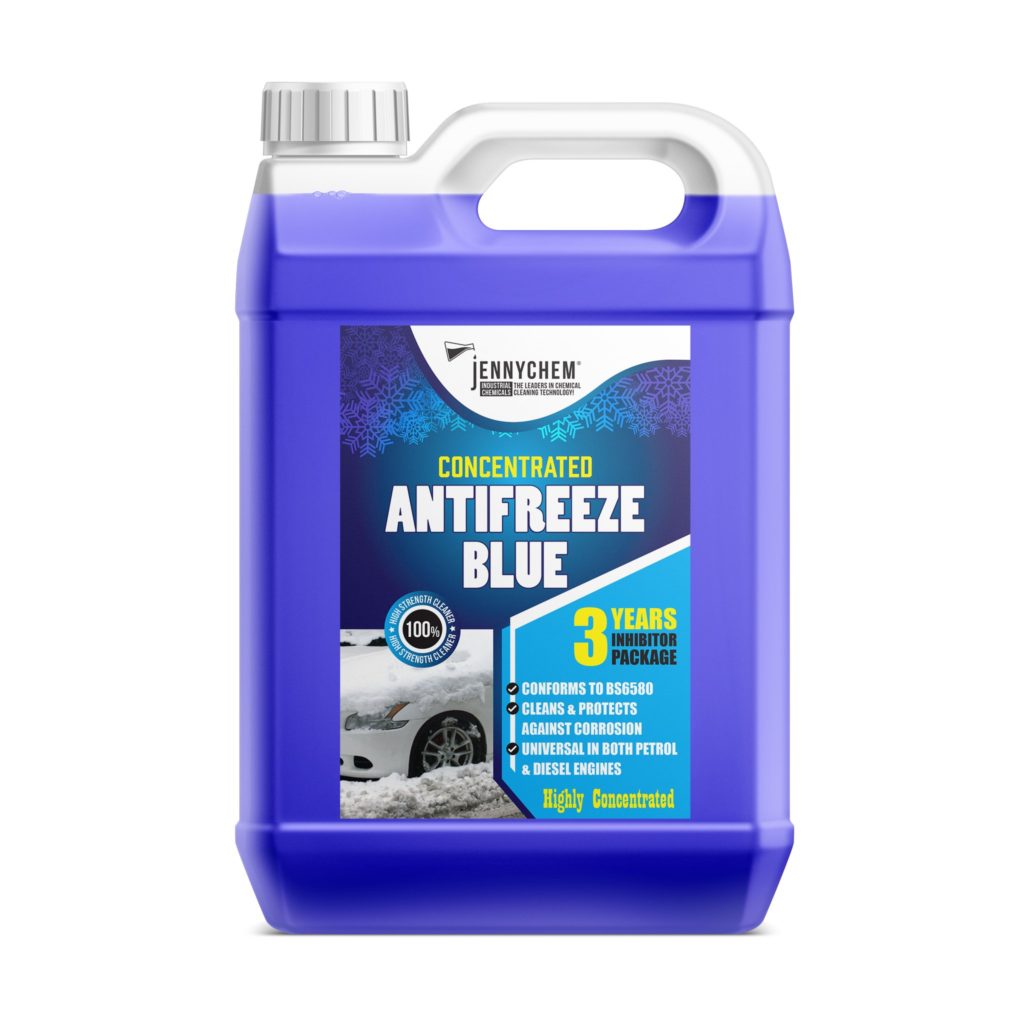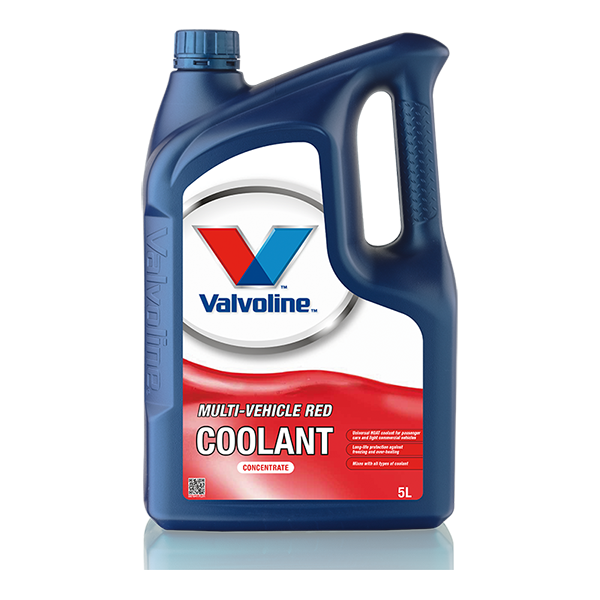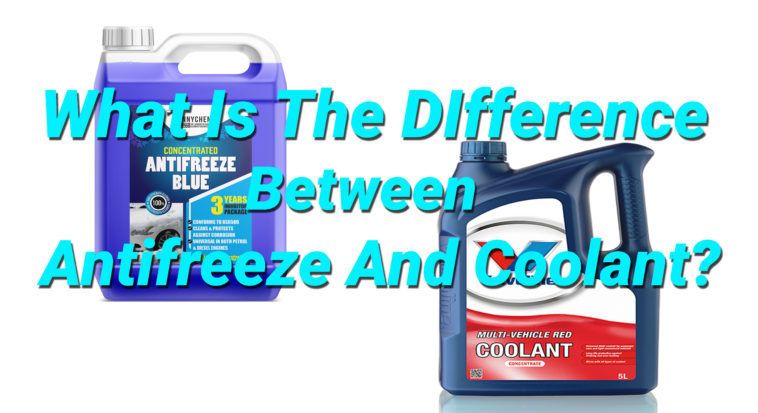Now is the opportunity for cold weather prep, such as warming up your car. We should make sure we have the antifreeze. These can cause some problems, especially when winding down with all the coolant needed. Similarly, the cooling of a frozen object must involve raising its temperature, which implies that no cooling would be required when trying to keep it from freezing.
This is because some of them don’t actually do the jobs they are intended for and can cause problems for the mechanic when he opens the engine to solve a problem. The internal combustion engine of the car requires fluids of different types for numerous operations. It is equally important to understand the who car needs as this will help you to ensure that the car is always running in good condition.
In this article, we will cover the antifreeze and coolant distinction, so if you have any confusion, you will understand.
What is Antifreeze?

Antifreeze – the fluid mainly made of ethylene glycol – which went into mass production back in the ‘20s, is a chemical that prevents the water in any vehicle’s engine from freezing. It serves in cars not by cooling the engine, but, oddly enough, by storing heat. It is, nevertheless, not easily spotted from within the confines of the bustling city. In fact, the chemical compounds in antifreeze are many and this vividly shows that their major role is to dispose of the heat that arises from the engine’s movement parts.
The heart beats, the gears grind, and the rods turn. It’s all happening as the motors heat up. Oil is used to lubricate them in order for them not to block owing to the friction between them. However, it can not totally ignore the friction. It is the key phenomenon leading to heat accumulation. If the engine has reached a peak temperature, it cannot work efficiently.
First, the antifreeze is introduced into the radiator and the pumps circulate the fluid through and around the system to eliminate the heat and keep things running efficiently.
Cooling the engine with water was the chief choice before the development of antifreeze, unfortunately, it is not that effective as it hasn’t been adding any value to the present-day engines and it could never work properly for the latest type of engine. However, it still would not be enough because if the old machine is not turned on water may freeze unless the temperatures have risen before that happens.
It is here that antifreeze fills the role. The heat of the engine is transferred to it when the vehicle is running but it keeps the engine from freezing as the water transforms into ice when it gets cold and the car turns off. It serves two purposes.
What is Coolant?

Technically, both antifreeze and coolant practically denote the same idea. The first freeze protection manual says that the main function of the antifreeze is to reduce the temperature of the engine. So, it’s a coolant. However, water is a resonator and air is a resonator too. Some engines in such a mild environment may not be appropriate for antifreeze, therefore, they have to use a different type of medium for cooling down.
Nevertheless, the pricing aspect emerges as a crucial factor when it comes to car engines, for they require certain coolant antifreeze, which I like to say does double duty. Air and water are good coolants for some engines, but in the case of a car’s engine that uses a radiator, cabinet or skirting are necessary materials.
With coolant, you have to add another refrigerator, which is not the same as antifreeze and can not perfectly replace it. This is basically like a freon, the gaseous substance which is found in air conditioners.




